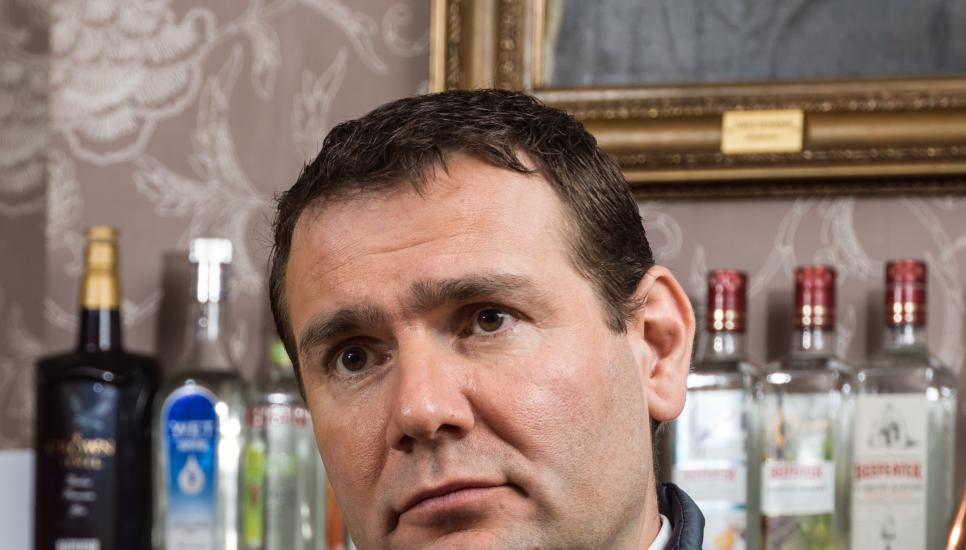Ricard defends French family business from US activist fund Elliott

Pernod Ricard has defended its “strong family values” against criticism from activist fund Elliott Management over shareholder returns and governance.
The world's second-largest wine and spirits group has came under fire from US billionaire Paul Singer’s Elliott, which has built up a stake worth about €1 billion ($1.13 billion) equivalent to about a 2.5% stake in the company controlled by the third generation Ricard family.
The spat has exposed the differences in strategy between families and investors—patient capital versus agitator capital—and follows similar disruptions involving Elliott and the families behind Samsung Electronics and Hyundai Motor Group.
Elliott said in a statement Pernod Ricard had lost market share and trailed against competitors over the past decade. Pernod’s mergers and acquisitions track record had been “disappointing”, with the €6 billion ($6.9 billion) acquisition of Absolut Vodka in 2008 “falling short of expectations”. The result had been lacklustre returns for shareholders, the firm said.
 Despite crediting the Ricard family for taking the business from “a small local niche player to an iconic French multinational leader,” Elliott blamed “inadequate corporate governance and a lack of outside perspectives” for contributing to the alleged underperformance.
Despite crediting the Ricard family for taking the business from “a small local niche player to an iconic French multinational leader,” Elliott blamed “inadequate corporate governance and a lack of outside perspectives” for contributing to the alleged underperformance.
“Elliott believes operational and governance improvements would allow Pernod to unlock much of the value that the company is capable of delivering, improving the strength and sustainability of the company for all stakeholders,” the firm’s statement said.
Elliott said it had met Alexandre Ricard, principal of the Ricard family business, and written to the Pernod Ricard board to share its analysis and views on “value creation”. While it did not demand a change in Pernod leadership, Elliott called for a more ambitious plan to close the profitability gap with competitors and for Pernod to match its corporate governance with best-in-class peers.
Alexandre Ricard is the third-generation chairman and chief executive of Pernod Ricard since 2015 which reported annual revenues of €8.9 billion ($10.2 billion) for the 2018 financial year. Half of the 14-strong board is said to have links to the Ricard family and the family is the biggest shareholder with 14% of shares and 20% of voting rights.
 “We are a group with strong family values committed to long-term value creation,” Alexandre Ricard responded to Elliott in a statement.
“We are a group with strong family values committed to long-term value creation,” Alexandre Ricard responded to Elliott in a statement.
“Over the past three years, we have created more than €11 billion ($12.6 billion) of value and our share price has increased by +37.7%, significantly outperforming the CAC40 index (+5.6%) and the Eurostoxx Food and Beverage index (-13.4%),” Ricard said.
“That being said, long-term value creation is not measured by share price performance alone, but by taking into account the interests of all stakeholders: our shareholders, our 19,000 employees, our consumers, our partners and suppliers. Our strategy is working and is the right one combining short-term profitability and sustainable, profitable and responsible growth under a consistent and long-term roadmap.”
Pernod Ricard was formed by the merger of two French anise-based spirits companies—Pernod, founded in 1805, and Ricard, created in 1932 by Paul Ricard, Alexandre’s grandfather. Growth was spurred by acquisitions, notably UK-headquartered rival Allied Domecq in 2005. This move doubled the group’s size to become the world’s second largest producer of wines and spirits after UK-based Diageo.
 Ricard told CampdenFB earlier this year taking advantage of new growth areas was his main agenda and he was looking eastward. Asia had rapidly grown to comprise 40% of Pernod Ricard’s business, and was growing at 7%, with India at 9% and China 8%.
Ricard told CampdenFB earlier this year taking advantage of new growth areas was his main agenda and he was looking eastward. Asia had rapidly grown to comprise 40% of Pernod Ricard’s business, and was growing at 7%, with India at 9% and China 8%.
“The moment I don’t enjoy my job, I’ll step down,” Ricard said when asked about his own long-term plans in our interview.
“Or, I’d step down if the board didn’t think I was doing the right thing. Life’s too short not to have fun.”






